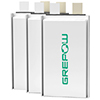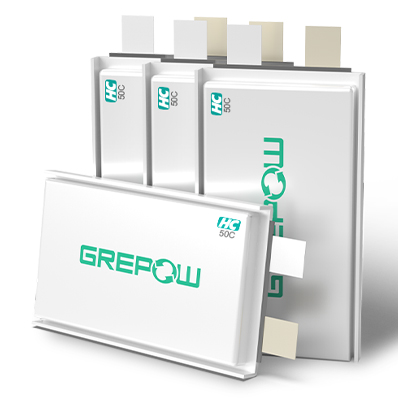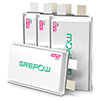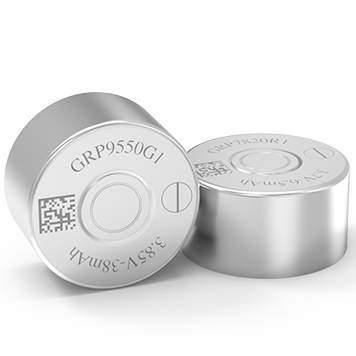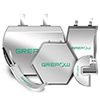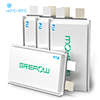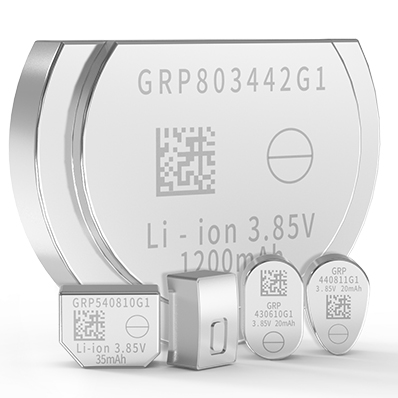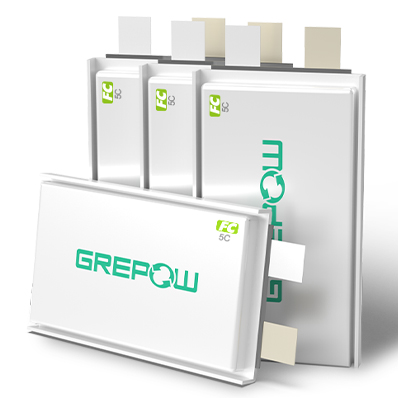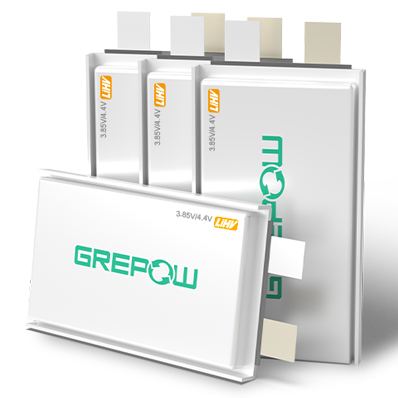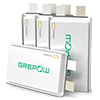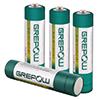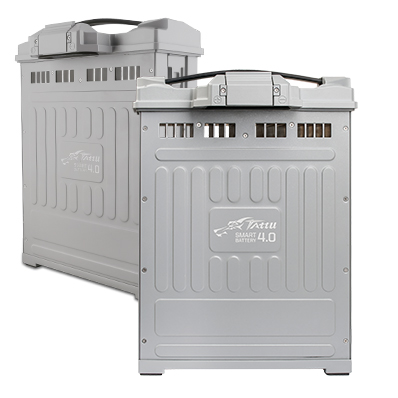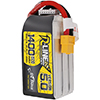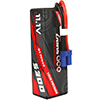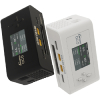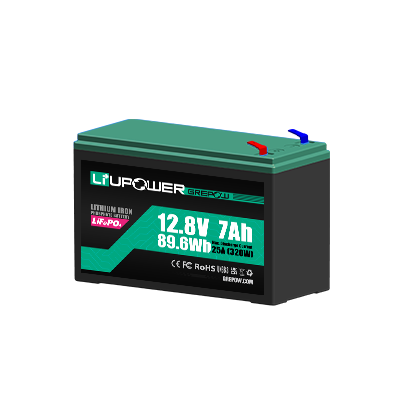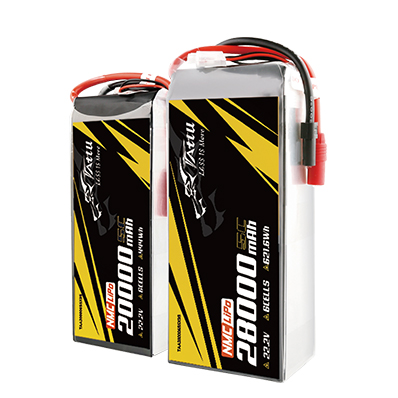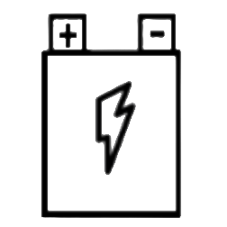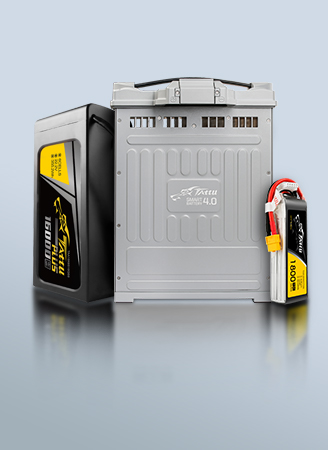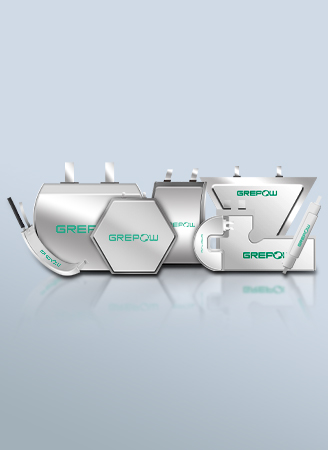What Makes Extremely Fast Charge Come True?
Efficient charging speed is sought after in certain areas such as electric vehicles (EVs), agricultural spraying drones (plant protection drones), eVTOL, rescue UAVs, etc. Early this month, there is a new lithium-ion battery technology announced by a research team from the University of Science and Technology of China (USTC). Here is going to introduce it and show 5 factors that affect battery charging Speed.
Shortening the charging time for EVs is a challenge for car companies today, and a research team at USTC recently made a major breakthrough in this area, which focuses on the structure of lithium-ion batteries.
New Fast-charging Technology Introduction
The researchers have proposed a new battery anode solution that can charge up to 60 percent in 6 minutes, opening up the possibility of a breakthrough in power battery research. The research has been published in the journal Science Advances.
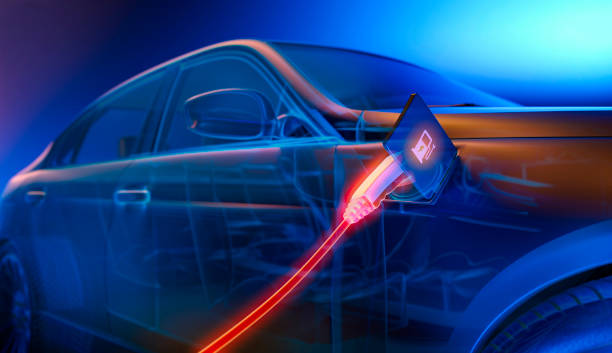
How Extremely Fast-charging
The breakthrough in this research, it is reported, lies in the anode material for lithium-ion batteries. Using pure lithium metal instead of the traditional mixture of graphite and copper, the research team could achieve ten times the capacity of current energy storage devices. In addition, the study uses a novel porous structure to improve the standard anode with a certain size of graphite particles scattered in it, and the researchers believe that a particle-level theoretical model is the best arrangement to address the disordered nature of today's anodes. The team also introduced copper nanowires and coatings to this model and treated it with heating and cooling to make the material more orderly.
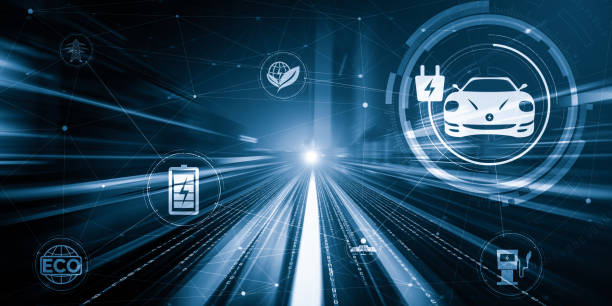
Fast Charging Technology
After testing, and integrating the new anode into a standard lithium-ion battery, the battery can be charged to 60 percent of its capacity in just 5.6 minutes. In just 11.4 minutes, it can be charged to 80%.If this technology spreads, it will bring a qualitative leap to the current development of electric vehicles, and people will no longer have to wait for a long time for electric vehicles to be charged. Source: Fast Technology, Sina Technology Besides the anode material for lithium-ion batteries that can help improve the battery charging speed, there are other aspects that should be noted in order to improve the charging multiplier of the battery.
Factors Affecting Charging Speed
There are 5 main factors that affect the time required to charge EVs.
Battery Size
The greater the capacity of your vehicle's battery (measured in KWH), the longer the time needed to charge.
Battery Status (empty vs. full)
If you charge it from empty, it will take longer to fill out than if you go up from 50%.
Max Charging Rate of Vehicle
You can only charge the vehicle's battery at the max charging level acceptable for your EV. As an example, if the max charging level of your vehicle is 8 kW, you will not charge a faster cost using 15 kW Chargepoint.
The Max Charging Level of ChargePoint
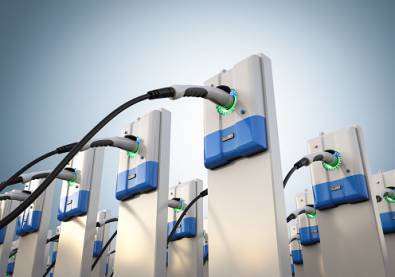
EV Charging Post
The time required to charge will also be limited by the maximum filling level of the rewards you are using. For instance; even though your vehicle can charge at 10 kW, it will only charge at 6 kW from a 6 kW charging post.
Environmental factors
The temperature around the cooler can make it a little longer to charge, especially when using fast charging. The cooler temperature also means the vehicle is less efficient so that fewer miles are added per time charging.
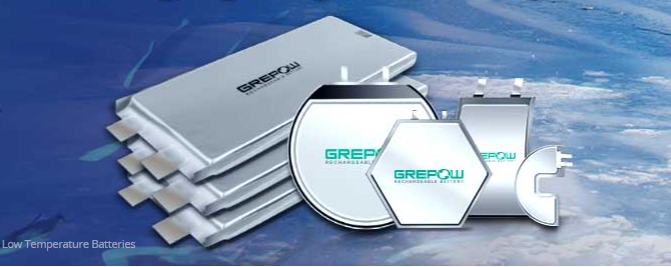
Tip: Bringing the cabin space (and battery) up to temperature in cold weather costs energy not used to power the vehicle. If the car heats up regularly and then cools down after a short trip, you'll use more energy and your range will be much lower. This means it's a smart idea to recharge regularly. On longer trips, the effects of cold weather are less pronounced, but still not to be ignored.
Related Articles You May Like
If you like the articles, do not forget to follow us: Grepow Blog
Related Articles
-
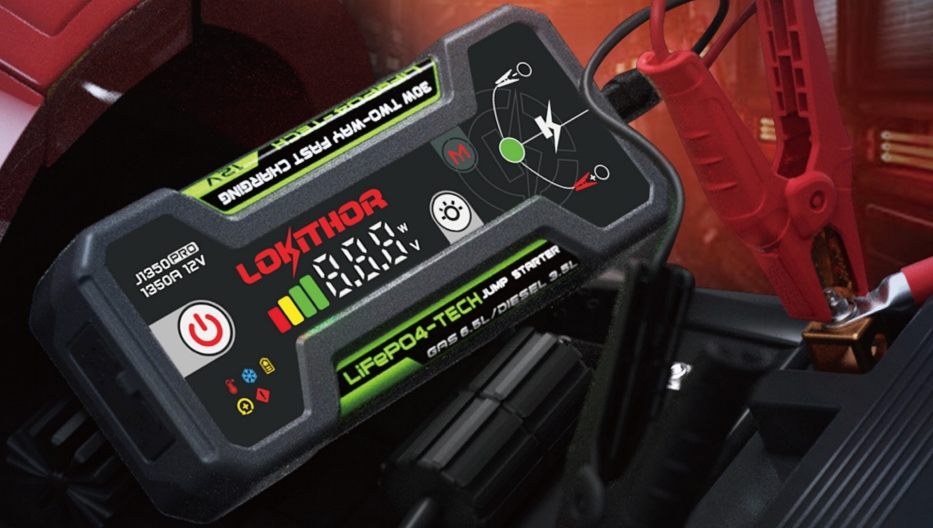
The Ultimate Guide to Grepow Jump Starter
2025-03-27 -
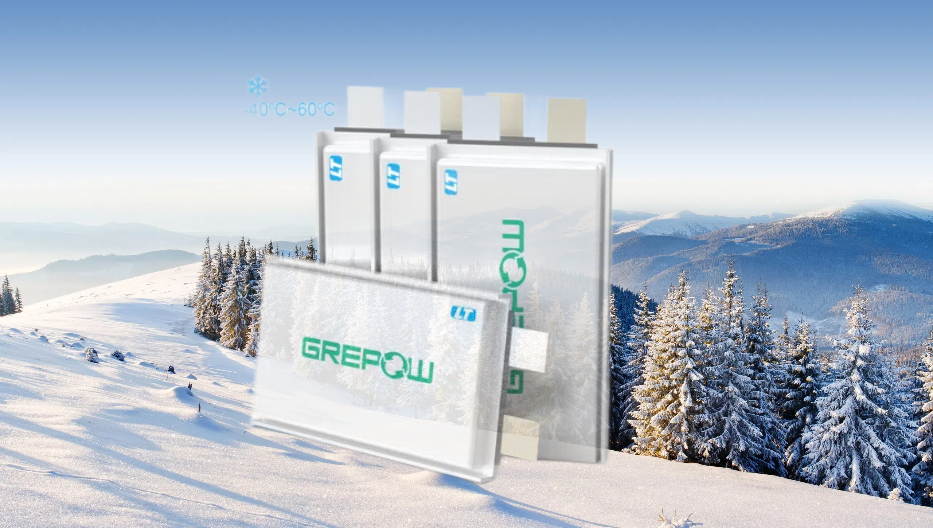
How to Choose Lithium Batteries for Cold Weather?
2024-09-19 -
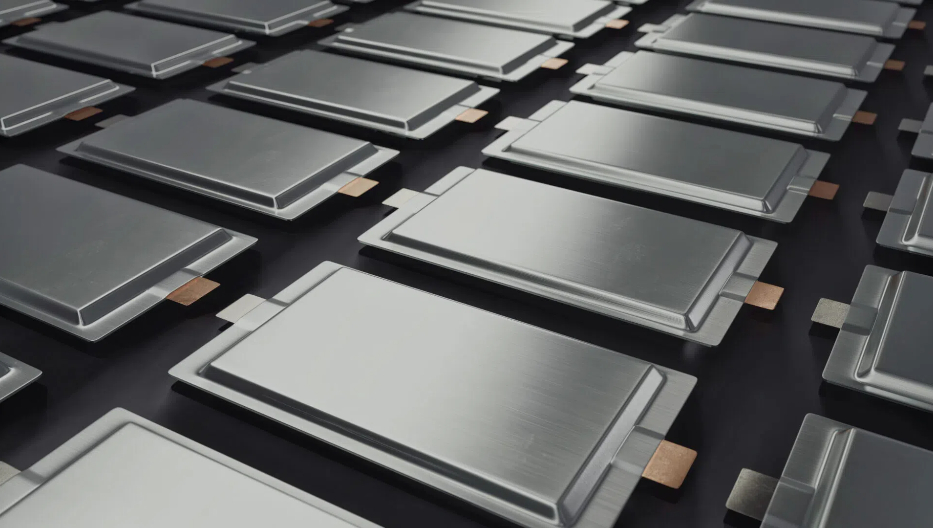
Next-Generation eVTOL Battery Technology
2024-08-22

